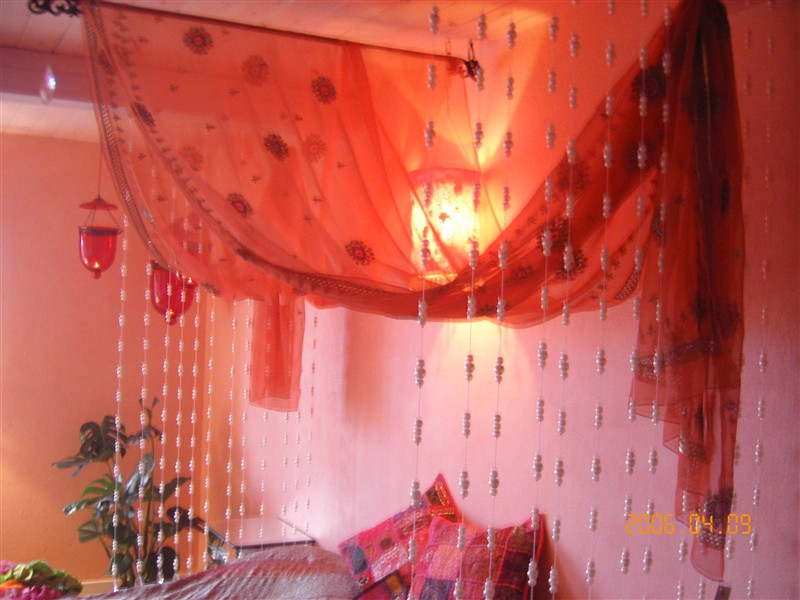Third gender category to be added to Pakistani identity cards
Pakistan’s Supreme Court has done something quite radical: they’ve agreed to add a third gender category to their national identity cards. Surprisingly, there has been little opposition to the ruling, neither within the registration authority nor outside it. This may be because trans people — of which there are an estimated 50,000 — are generally accepted as part of the fabric of Pakistani society.
However, life is not easy for trans people living in Pakistan. This BBC article profiles Shehzadi, a Pakistani trans woman who left home as a teenager. While she appreciates living in the trans community, she says, “People don’t understand, and they abuse us. It’s hard to get somewhere to live, or even to move about normally. I get teased when I stand and wait for a bus.”
Many trans people have trouble finding work as well. Pakistan’s Supreme Court is attempting to remedy this; they recently announced that trans people should be allocated a certain number of government jobs. Shehzadi now works as a tax collector. “We knock on the doors of people who haven’t paid their taxes,” she says. “We stand on their doorstep and give them trouble and make a spectacle. Then to stop us attracting attention, they pay. I love the job, life’s going well!”
While these changes are certainly a step forward for Pakistan in recognizing gender non-conformity, they do not change everything. As Shehzadi somberly explains, “However much we say we are a close community, and call each other ‘sister’ and ‘mother’ it is still a lonely existence.”

